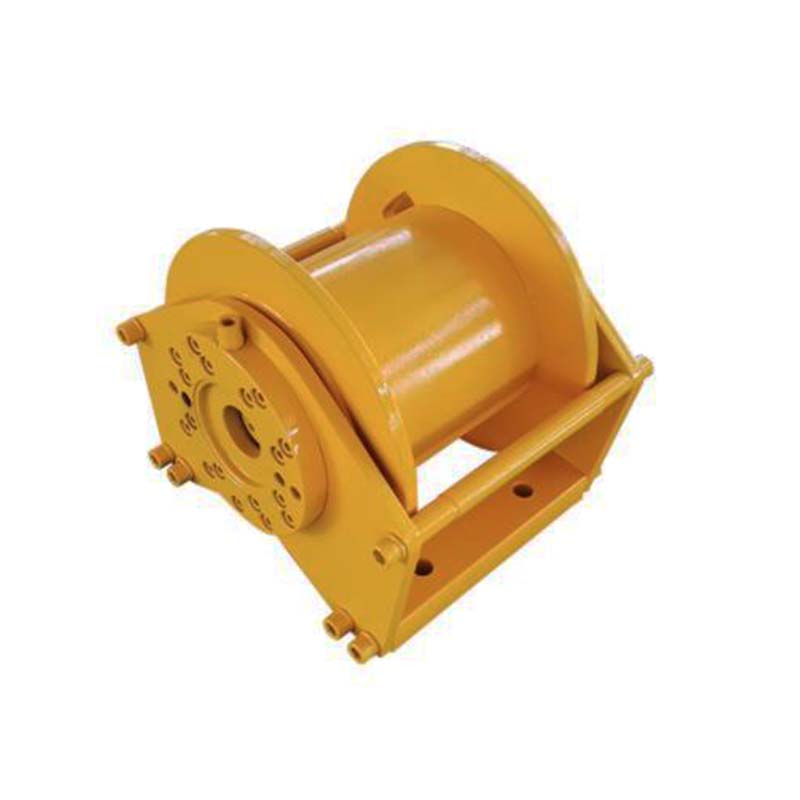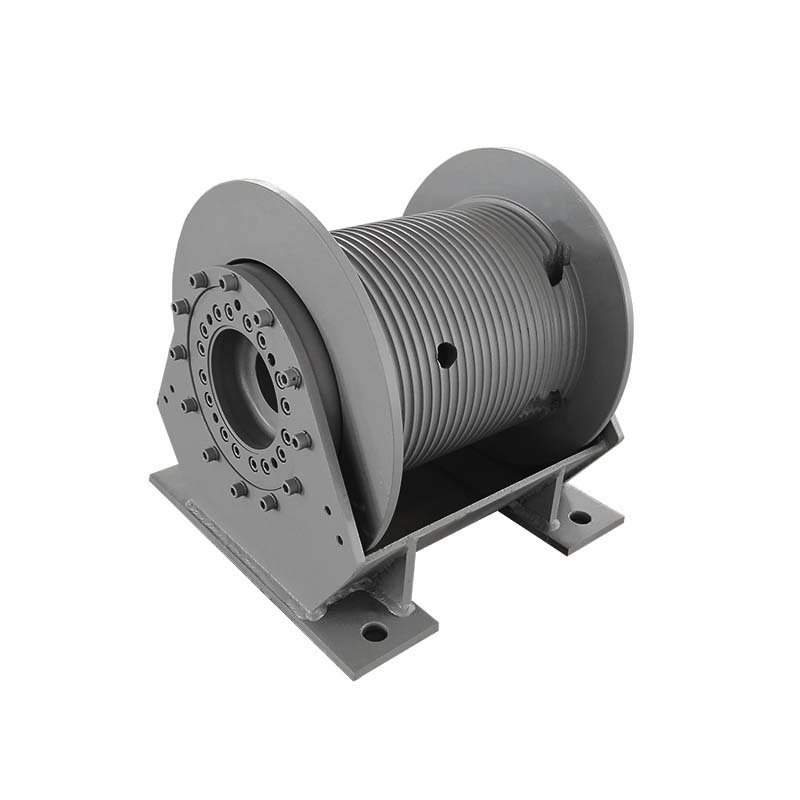The Importance of Choosing the Right Hydraulic Winch for Heavy-Duty Applications
hydraulic winches play a crucial role in lifting and pulling heavy loads in various industries such as oil and gas, mining, construction, and marine. However, not all Hydraulic Winches are created equal. Choosing the right winch for a heavy-duty application is essential to ensure optimal performance, safety, and efficiency.
Flow: hidden; color: rgb(34, 48, 47); font-family: "microsoft yahei", Arial, Helvetica, sans-serif, Montserrat-2; white-space: normal; background-color: rgb(255, 255, 255);">5/8/10/15/20/25/30/50 tons used capstan winches
Hydraulic Winch Basics:
Hydraulic winches operate using a hydraulically powered motor that converts fluid pressure into mechanical power. They have tremendous lifting and pulling capacity and can handle loads ranging from thousands to hundreds of tons. These winches are used in arduous applications that require durable and rugged equipment.
The Importance of Choosing the Right Winch:
Choosing the right hydraulic winch is essential to ensure its safe and efficient operation. Underestimating or overestimating the weight of a load may lead to equipment failure, personnel injury, or even loss of life. Additionally, selecting a winch with inadequate durability and corrosion resistance may lead to premature wear and tear and increased maintenance costs.
When selecting a hydraulic winch for a heavy-duty application, there are several factors to consider:
Power Capacity:
The winch's power capacity must match the load requirements adequately. A winch with insufficient horsepower may not be able to start or move the intended load, while too much power may result in a rupture of the cable or strap.
Line Speed:
The line speed is the rate at which the cable or strap comes in or out of the winch. High line speeds are ideal for applications requiring quick movements, while slow speeds are better suited for precision movements.
Rope or Cable Type:
The type of cable or rope used in a hydraulic winch must match the application requirements. For example, synthetic ropes are lightweight, easy to handle, and do not corrode, while steel cables have higher strength but require maintenance and can corrode.
Safety Features:
An ideal winch for heavy-duty applications requires sufficient safety features to ensure personnel safety. The winch should have overload protection, hydraulic relief valves, and emergency stop functions.
Conclusion:
In summary, choosing the right hydraulic winch for a heavy-duty application is critical. Factors such as power capacity, line speed, and rope or cable type must match the load requirements. Additional safety features such as overload protection and emergency stop functions increase personnel safety during operation. By investing in the right equipment, businesses improve their safety record, increase efficiency, and prolong the lifespan of the winch.
Saivs brand
- A2FO10~500 Rexroth Hydraulic Pump Parts
- GM05 Radial Piston Hydraulic Motor for Engineering Machine
- Sanitation Truck Covering
- sai gm4 hydraulic motor radial hydraulic motor and hydraulic hoist motor oil pump
- Rexroth 4wrle10/16/25/35 series servo selonoid valve
- A4VF500/A4VG28~71/A4VTG71/A4VG90~250/A4VHW90 rexroth hydraulic pump parts
- PAVC Parker Hydraulic pump
- Hydraulic cylinder for Seeder
- Dock Leveller - Power device
- eaton vickers pvq series straight axle variable displacement pump

